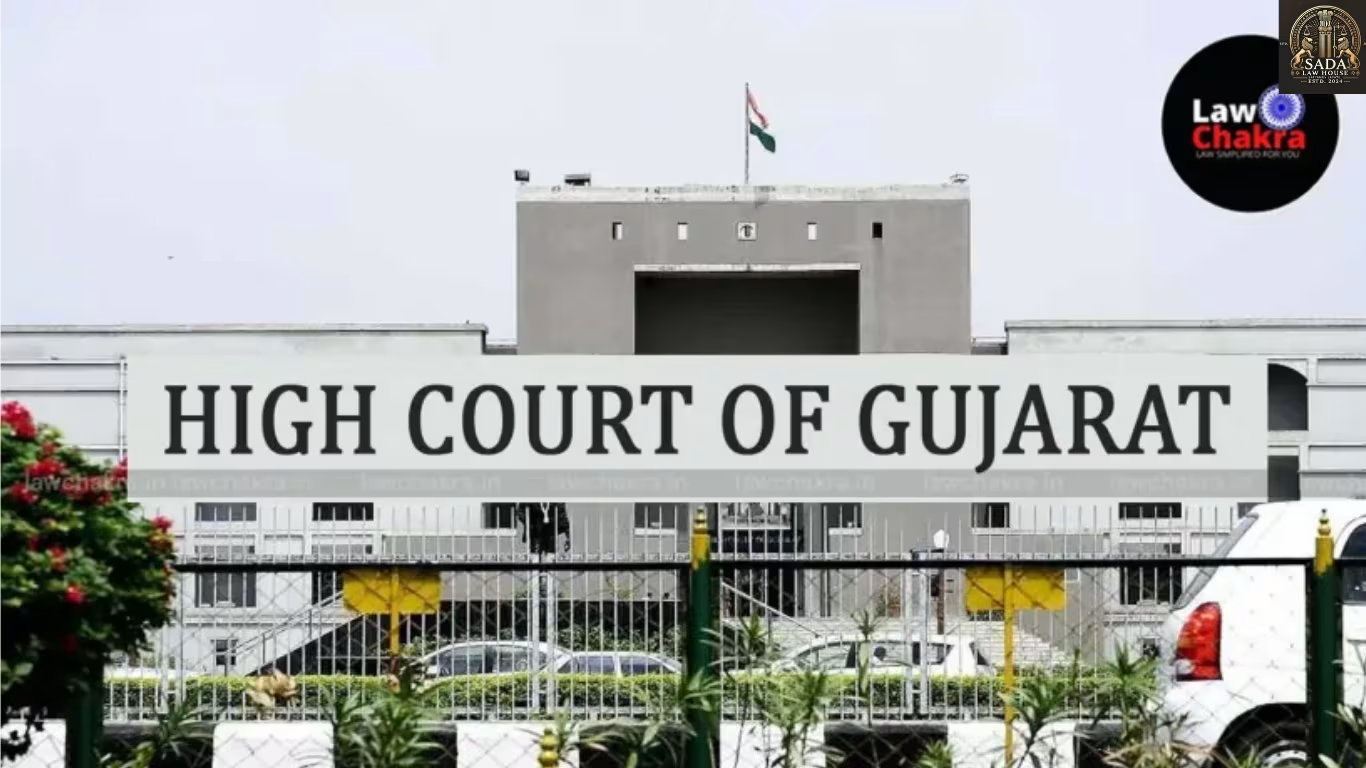Gujarat High Court on Senior Advocates: Minimum 45 Years for Designation, Mandatory Mentorship for Young Lawyers
- Kashak Agarwala
- 19 September 2025

Introduction
The Gujarat High Court has introduced a new framework for the designation of Senior Advocates through the Designation of Senior Advocates Rules, 2025. Announced on 16 September 2025, the rules establish stricter eligibility requirements and professional obligations. Notably, candidates must be at least 45 years old, have a minimum of 20 years of practice, and commit to mentoring young lawyers. The reforms emphasize seniority as a reflection of maturity, ethics, and service, rather than just professional prestige.
Background
The designation of Senior Advocate is one of the highest honors in the Indian legal profession, recognizing exceptional competence, ethical conduct, and contribution to jurisprudence. However, the absence of uniform rules across states has often led to debates about transparency and accountability.
With the 2025 reforms, the Gujarat High Court aims to transform the role into one that not only signifies excellence but also strengthens the future of the bar through mentorship and societal responsibility. These rules align with broader calls for reform in judicial administration and the democratization of professional recognition.
Key Developments
Age & Experience Requirement
Minimum age: 45 years.
Minimum practice: 20 years at the Bar (High Court, district courts, or tribunals).
Objective: Ensure maturity, exposure, and demonstrated legal acumen.
Restrictions on Court Conduct
Senior Advocates cannot appear solely to mention cases or seek adjournments.
Intended to position them as leaders in substantive advocacy, not routine procedures.
Mandatory Mentorship
Each Senior Advocate must mentor 2–3 young lawyers with less than 3 years of experience.
Aimed at strengthening professional training, knowledge sharing, and grooming future leaders.
Ethical and Social Responsibility Standards
Disqualification for misconduct, contempt, or moral turpitude.
Preference for advocates engaged in pro bono services.
Focus: Blend professional talent with social responsibility.
Application & Evaluation Process
Annual designation process via a permanent Secretariat under the Chief Justice.
Applications require recommendation from two Senior Advocates with 10+ years’ standing.
High Court practitioners must submit 50 judgments from the past 5 years.
Final approval rests with the Full Court (majority/unanimous vote).
Rejection & Revocation
Rejected applicants may reapply only after two years.
Full Court empowered to revoke designation for misconduct or other valid grounds.
Issues
Transparency vs. Exclusivity: Whether stricter rules will enhance meritocracy or limit opportunities.
Mentorship Enforcement: Ensuring mentorship obligations are effectively monitored and implemented.
Pro Bono Service: Balancing voluntary social service with professional workload.
Consistency Across India: Other High Courts may or may not adopt similar reforms, raising uniformity concerns.
Current Status
The reforms have been welcomed as progressive by sections of the legal fraternity, particularly younger lawyers who see mentorship as an opportunity for skill development. Some senior practitioners, however, have raised concerns about the age limit and restrictions on mentioning matters, arguing it could reduce flexibility in practice.
Legal scholars note that the move reflects a broader judicial trend toward institutional accountability and professional discipline. Civil society groups praised the emphasis on ethics and pro bono service as aligning with public interest.
Conclusion
The Gujarat High Court’s new rules on Senior Advocate designation represent a paradigm shift in the legal profession. By linking seniority with maturity, experience, ethical conduct, and mentorship, the Court has reinforced the values of accountability, guidance, and service. If implemented effectively, the rules could become a model for other High Courts, ensuring that the title of Senior Advocate is not merely honorific but a responsibility to uplift the profession and society.






